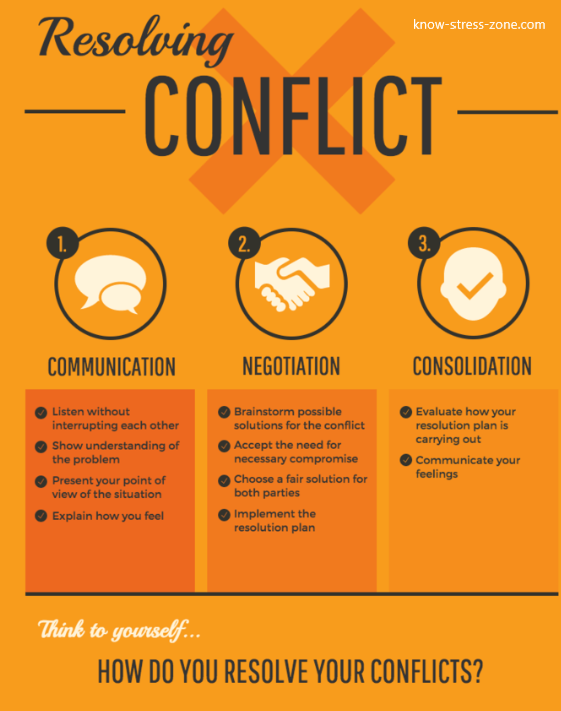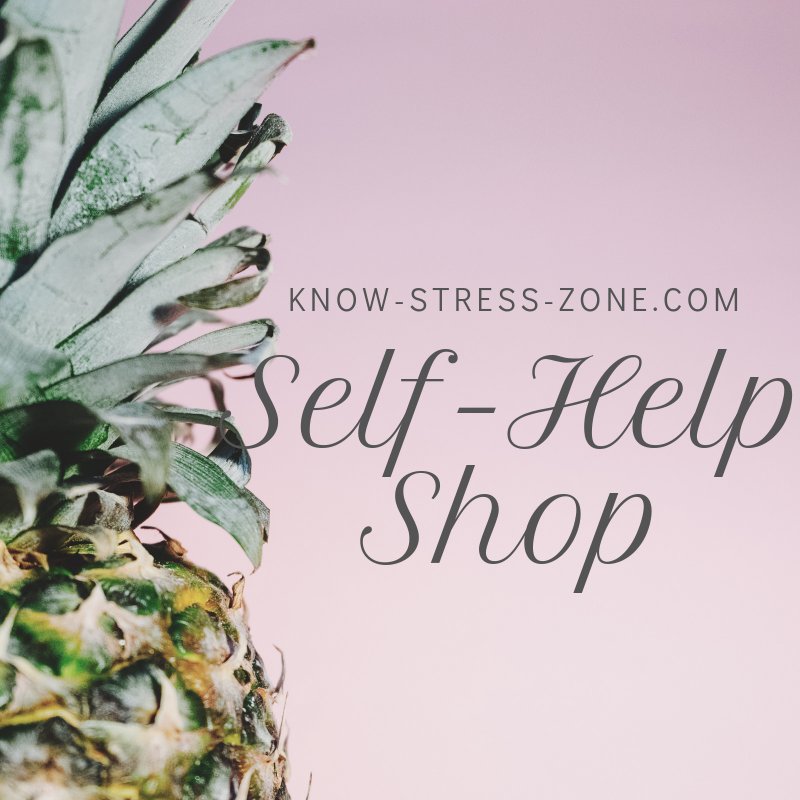Resolving Conflict: 7 Quick Steps to Get Back On Track
Resolving conflict
is a part of everyone’s life. They will happen to you eventually, and often
when you least expect them. They may not be not pleasant, but they are
something that you must deal with. Thankfully, there are a number of steps you
can take to minimize the impact of these conflicts.
Resolving Conflict:
|
1.
Don’t let conflict build
Many people are afraid to confront the people causing the conflict in their
life. In most cases, this will cause the situation to get much worse. The
people causing conflicts will continue to act in this manner and may even get
worse. When they find you won’t do anything about it, they have the upper hand.
2.
Discuss the
conflict with the person or people who caused it
Try to speak with the person in private. Keeping the conversation private will
make sure that you aren’t airing anyone’s dirty laundry. By keeping the meeting
to yourselves, the person in conflict will be more willing to speak freely and
discuss the situation.
3.
Take a
break if the situation gets heated
Situations are less likely to be resolved when all the parties involved
are screaming at each other. Therefore, when emotions start to elevate,
schedule a follow-up meeting. This won’t
always be possible as some situations need to be resolved immediately, but for
heated situations that don’t require this, try to postpone the meeting.
4.
Structure a
win-win when possible
Try to offer solutions where everyone wins. If that’s not possible, then
find solutions that are satisfactory to everyone involved. It may not be
perfect. But, if everyone goes away with something, they can feel victorious.
5.
Don’t get
personal
Unless the conflict concerns someone getting personal with you, try not
to get personal with other people. Conflict often arises because of certain
situations that are separate from one’s personality. By staying away from
getting personal, the exchange will less likely get heated.
6.
Don’t jump
to conclusions
Ask questions to learn what motivated people to engage in the conflict.
This can often bring to light reasons that are valid. It could also be that
those who created the conflict did so without a full understanding of the
situation. Asking questions can help everyone figure out where they actually
stand.
7.
Don’t
blindly accept what onlookers say about the situation
When others are observing a situation but are not directly involved, they
may not get their facts straight. Therefore, be cautious about the information you gather from the
onlookers. The information can be considered but don’t jump to conclusions. The
people causing the conflict need to be heard as well.
Resolving Conflict
|

